Pakistan receives 23 bids for offshore drilling amid renewed interest in oil reserves
Petroleum Ministry estimates investment of $80 million-$1 billion in country’s oil and gas exploration sector
Business Desk
The Business Desk tracks economic trends, market movements, and business developments, offering analysis of both local and global financial news.
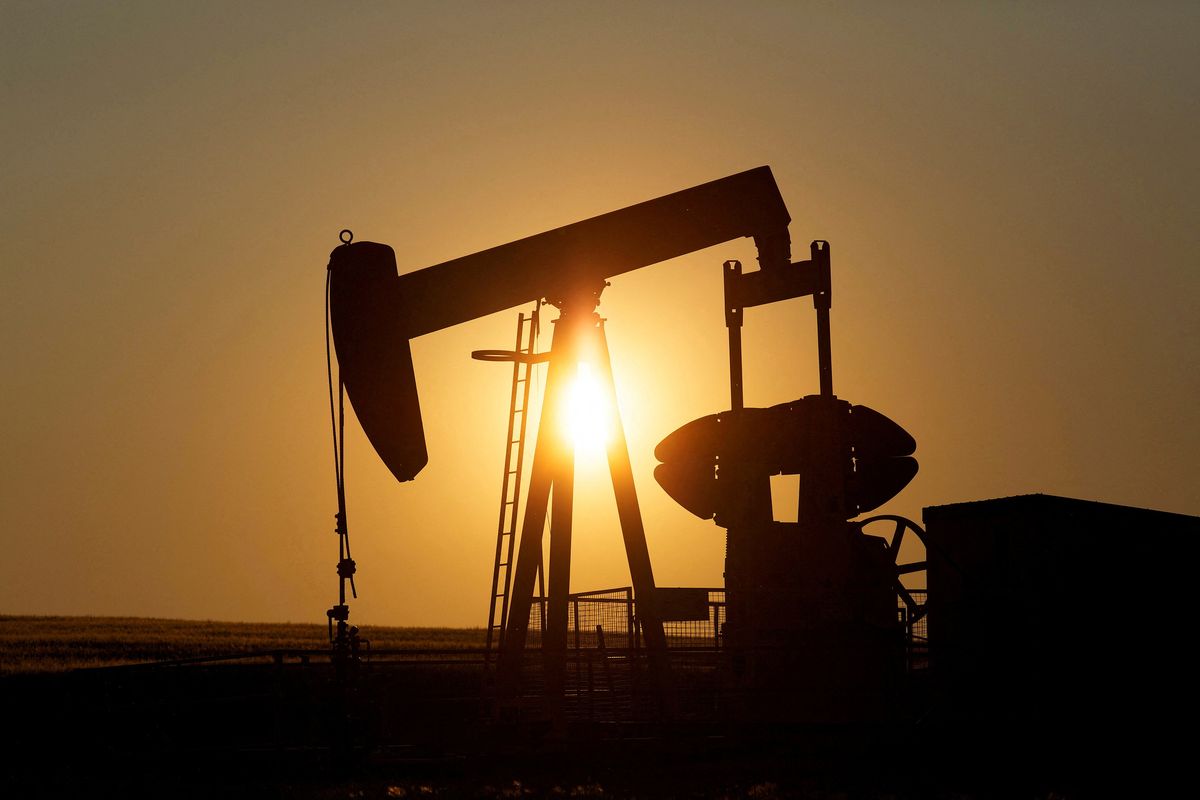
There has been a buzz around Pakistan’s probable oil reserves since US President Donald Trump claimed in July that the country has 'massive oil reserves'
Pakistan has received 23 bids for offshore oil drilling, a move which officials say would boost foreign investment in the country’s petroleum sector.
In a statement on Friday, the Petroleum Ministry said the bids were the first major progress in offshore exploration in 20 years.
Petroleum is Pakistan’s biggest import as the country relies on oil to meet local needs. The government has been trying to bring investment into the oil and gas exploration to increase production and curb imports, which put a strain on the country’s already scant foreign exchange reserves.
According to the ministry, the first phase of offshore licenses will bring an initial investment of around USD 80 million, which could rise to USD 1 billion during the drilling stage.
“This successful bidding round reflects the strong confidence of international investors in Pakistan’s upstream sector,” the ministry said, adding that the awarded blocks cover an area of approximately 53,510 square kilometers.
Global and domestic partnerships
The ministry said several prominent local and international companies have secured exploration rights. These include Pakistan’s public companies Oil & Gas Development Company, Pakistan Petroleum Ltd, Mari Petroleum; Hong Kong-based United Energy Group; Orient Petroleum, a major local independent producer; Fatima Petroleum, part of Pakistan's Fatima Group conglomerate; and Turkish Petroleum, as joint venture partners.
The Indus and Makran Basin exploration strategy, which focuses on simultaneous exploration in both regions, has proven successful, the ministry said.
The ministry added that a recent basin study conducted by US-based consulting firm DeGolyer and MacNaughton estimated potential offshore reserves of up to 100 trillion cubic feet of gas, providing the basis for launching the Offshore Licensing Round 2025.
“Growing international participation demonstrates renewed confidence in Pakistan’s offshore potential and reflects the country’s strategic importance in the regional energy landscape,” the Petroleum Ministry said.
'Massive oil reserves'
There has been a buzz around Pakistan’s probable oil and gas reserves since US President Donald Trump claimed both countries would work together to develop the “massive oil reserves”.
“We have just concluded a Deal with the Country of Pakistan, whereby Pakistan and the United States will work together on developing their massive Oil Reserves,” Trump wrote in a July post on Truth Social.
“We are in the process of choosing the Oil Company that will lead this Partnership. Who knows, maybe they’ll be selling Oil to India some day!”
The announcement was made after Pakistan signed a trade deal with the US, which resulted in lower tariffs on its exports as compared to other regional nations.
In September, Pakistan’s Mari Energies and Fatima Petroleum entered into a joint venture with US company Hycarbex-American Energy for oil and gas exploration in northwestern Pakistan.
The Peshawar Block, located in Khyber Pakhtunkhwa province, has remained inactive for years due to regulatory delays, security challenges and a lack of financing.
Experts have said that Pakistan's oil and gas reserves are often exaggerated in the absence of reliable estimates due to a lack of exploration, which the country lacks the financial and technical capacity to conduct.
Moin Raza Khan, former MD of Pakistan Petroleum Limited, told Nukta Pakistan’s exploration “has been haphazard”.
“Trump’s tweet should be capitalized on—not for political mileage, but through serious, systematic, and scientific action,” he added.
Pakistan’s offshore basins, particularly the Indus Delta, are geologically similar to oil-rich regions like the Gulf of Mexico, Mahakam Delta (Indonesia), and Gippsland Basin (Australia), Khan noted. With the right planning, Pakistan could unlock 250–300 trillion cubic feet of gas, he estimated.
Khan criticized the country’s lack of pre-drill groundwork—no seabed chemical analysis, no baseline seismic surveys, and no clear mapping of “sweet spots” that could attract multinationals.


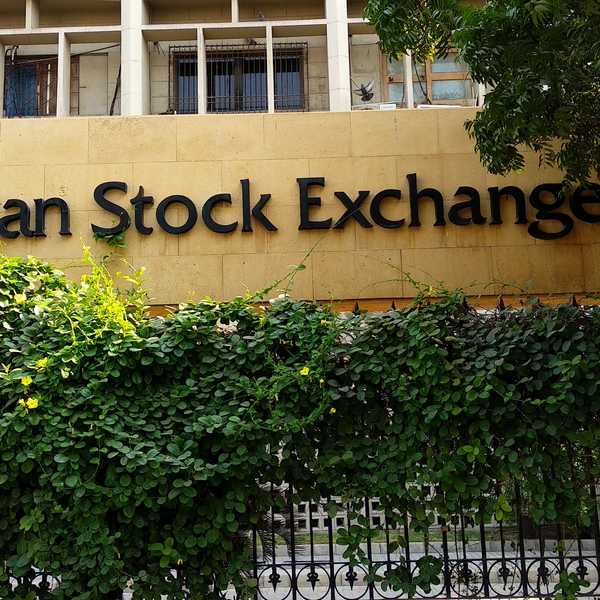
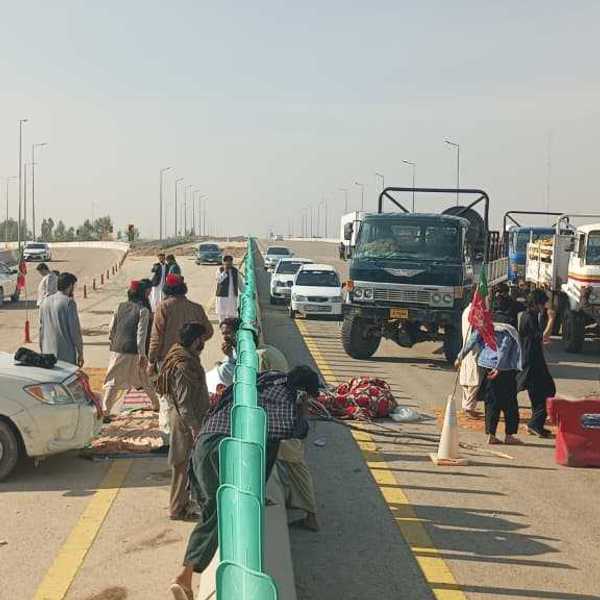
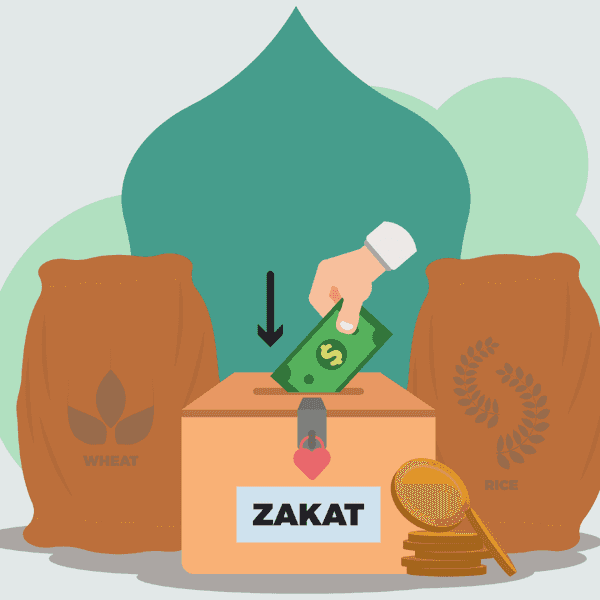
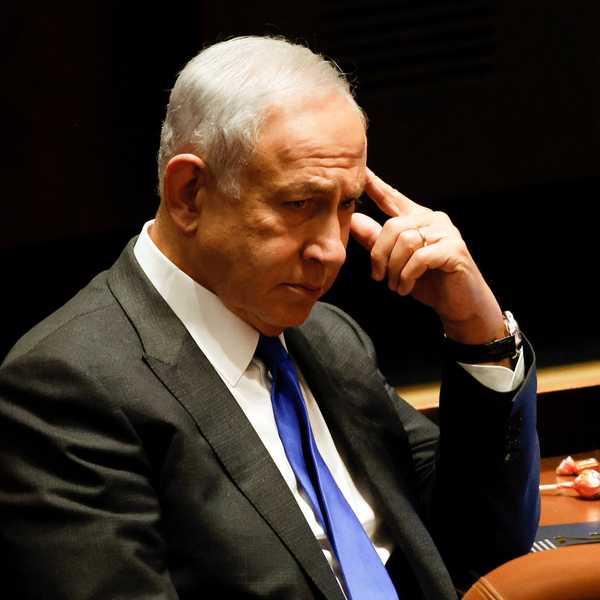

Comments
See what people are discussing